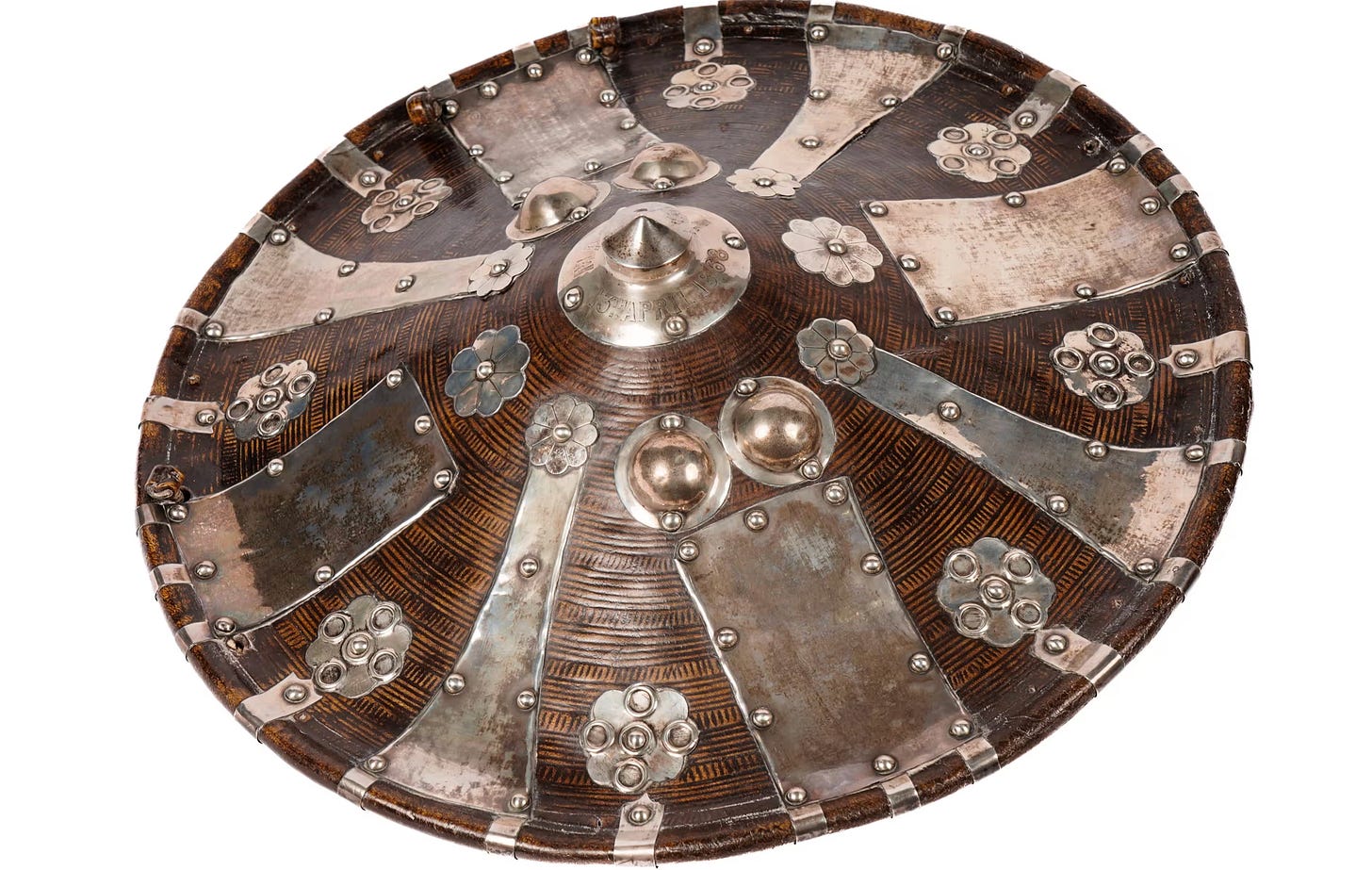🔅 Is This Former Child Soldier Victim or Villain? & Ethiopia's Cultural Heritage Quest
Plus, Ghana's Parliament in the Dark & Tanzania Mourns Former President
Photo of the Day

Markets — Year-to-Date:
🟢 Nigerian SE: 98,751.98 (+32.07%)
🔴 Johannesburg SE: 72,775.49 (-5.36%)
🟢 Ghana SE: 3,278.04 (+4.72%)
🟢 Nairobi SE: 93.25 (+1.24%)
🟢 US S&P 500: 5,137.08 (+8.31%)
🟢 Shanghai Composite: 3,027.02 (+2.19%)
Nigeria's economy sprinted past expectations with a 3.46% growth, thanks in large part to its oil sector shaking off a lengthy slump of over three years. This rebound is a breath of fresh air for Africa's largest economy, signalling a possible end to a challenging period.
Malawi is forecasting a 3.2% economic growth for 2024, a leap from the previous year's 1.5%. This comes after the country grappled with severe foreign currency shortages last year, causing widespread scarcities from fuel to medicines and fertilizers. Malawi is aiming even higher with a 4.8% growth projection for 2025.
Zimbabwean inflation reached 47.6% last month, the highest in half a year.
*Data accurate as of the close of markets across the continent
Brief & Bright: Africa's Top Five
Victim or Villain? The Conundrum of Dominic Ongwen
Dominic Ongwen's story is one that blurs the lines between victimhood and villainy. Kidnapped at nine by the Lord’s Resistance Army (LRA) in Uganda, Ongwen transformed from a child victim to a feared rebel commander, eventually convicted on 61 charges including murder and rape by the international criminal court.
His trial sparks a daunting question: how morally responsible is a former child soldier for crimes committed after years of brutalization and brainwashing?
Ongwen's case challenges our understanding of culpability and redemption, pushing us to ponder the complexities of human nature and the possibility of forgiveness. A new documentary explores this moral maze.
The Battle Over a Shield: Ethiopia's Quest for Restitution
The Ethiopian government is on a mission to reclaim a piece of its history—a looted colonial-era shield that was up for auction in Newcastle upon Tyne last week. The shield, a stunning piece of Abyssinian craftsmanship taken during the 1868 Battle of Maqdala, is at the heart of a heated debate about colonial loot and the ethics of possession.
The Ethiopian National Heritage National Restitution Committee, not ones to sit quietly while their heritage is auctioned off to the highest bidder, reached out to the Anderson & Garland auction house with a plea that reads more like a moral compass than a request: return what was wrongfully taken. The item was removed from the auction list at the last minute.
The Battle of Maqdala was a military defeat for Emperor Tewodros II, in which Lord Napier took thousands of artefacts, turning the British Museum and the Victoria and Albert Museum into unintentional witnesses of colonial pillage.
The shield is described as a masterpiece adorned with white metal strapwork and floral appliquets. With a central boss engraved with "Magdala 13th April 1868," the shield is more than an artefact; it's a timestamp of loss and longing for Ethiopia, and the Ethiopian government's decades-long campaign for the return of its treasures is a testament to the enduring wounds of colonialism.
Ghana's Parliament Gets a Taste of the "Dark Ages"

Ghana's state-run electricity supplier, ECG, decided it was high time to give the country's parliament a literal taste of the dark ages. In a move to reclaim an outstanding debt of $1.8 million, ECG pulled the plug on the parliament building, plunging lawmakers into an impromptu candlelight session. Legislators were caught off-guard, their exclamations swallowed by darkness, before uniting in a chorus of "dumsor, dumsor"—the local term for blackout.
It appears the power move was effective; the legislature scrambled to settle part of the debt with a $1 million payment, promising to clear the balance within a week.
The events highlight the broader issues within Ghana's power sector, tangled in a web of widespread unpaid debts leading to increased outages. The country is trying to navigate through its worst economic crisis in recent memory, with a hefty side of double-digit inflation and a ballooning public debt.
Farewell to Former Tanzanian President Ali Hassan Mwinyi
In a solemn announcement that echoed through the hearts of many, Tanzania bid farewell to a key figure in its history, former President Ali Hassan Mwinyi, who passed away at the grand age of 98. His departure marks the end of an era for the East African nation, leaving behind a legacy of liberalization.
Taking the baton from Tanzania's first post-independence president, Julius Nyerere, Mwinyi stepped into the presidency in 1985, embarking on a journey to shift the country towards free market economics. This was a bold pivot from Nyerere's socialist policies, signifying a new chapter for Tanzania's economic landscape.
Succeeding him was the late Benjamin Mkapa in 1995, who continued to navigate Tanzania through its evolving economic environment. Mwinyi's passing was confirmed by President Hassan, noting that he had been battling lung cancer and receiving treatment in Dar es Salaam since November.
A Data Centre's Investment in Energy Tells You All That's Wrong With South Africa

Teraco Data Environments Ltd., basically the data centre titan of Africa, is going green in a big way down in South Africa. They're breaking out their wallets, splashing out an initial $104 million, going all-in on a massive 120-megawatt solar plant and an 80-megawatt wind farm in the Free State province to keep their operations humming and dodge the country's infamous rolling blackouts.
Jan Hnizdo, the big boss over at Teraco, has laid out a bold vision, saying they're aiming to run their operations on 100% renewable energy by 2035. Given South Africa's current energy saga, where businesses and homes find themselves in the dark for over 10 hours a day, Teraco's move isn't just smart; it's survival.
Data centres are notorious power guzzlers, and Teraco is betting big on the sun to keep their servers cool and running.
Food for Thought
“An intelligent enemy is better than a stupid friend."
— Senegalese Proverb





